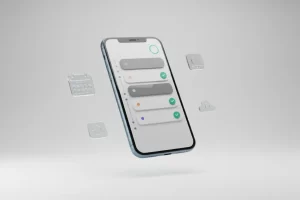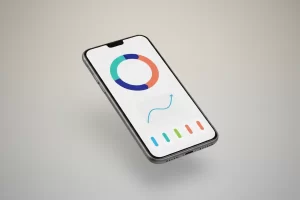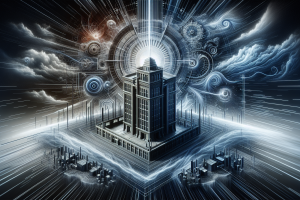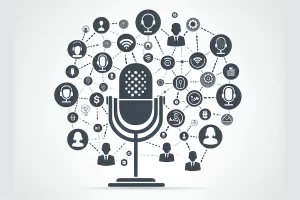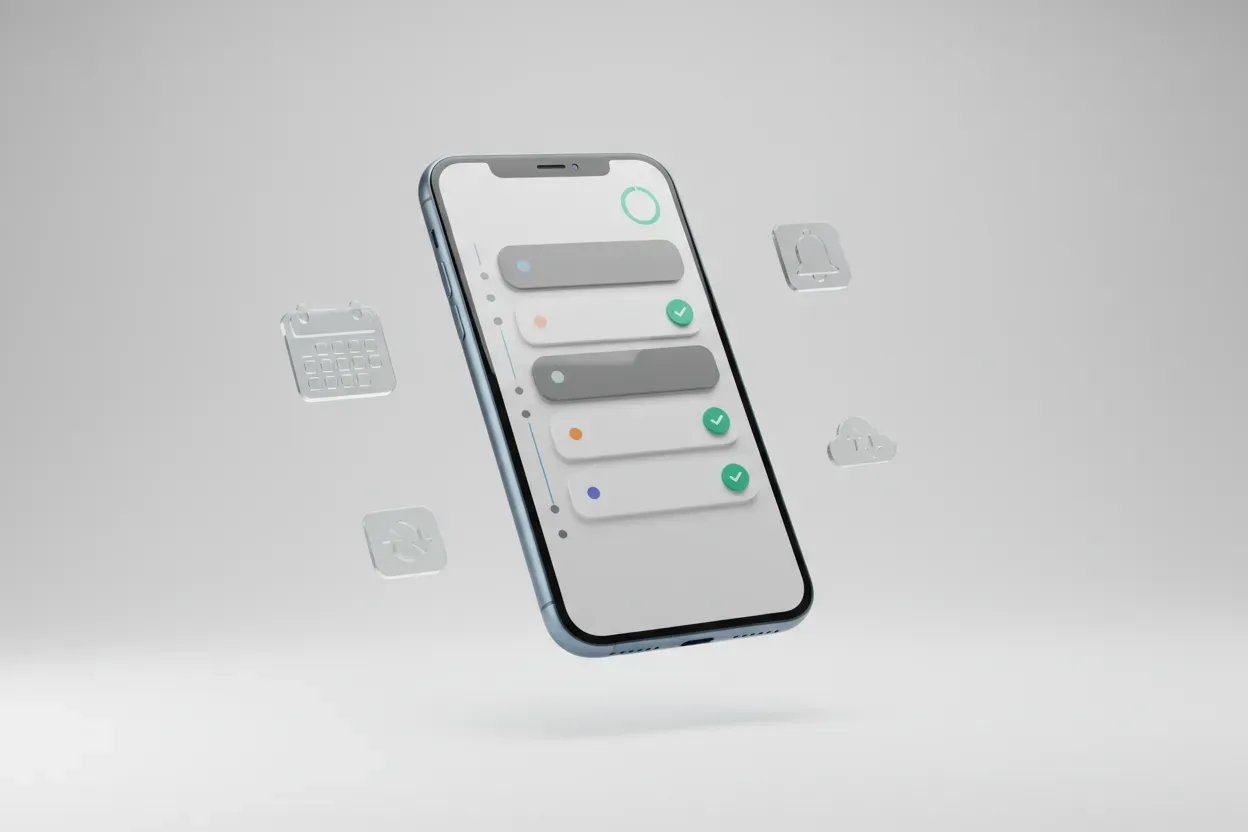What’s Your Take On the Future of Marketing Technology?
Exploring the dynamic landscape of marketing shaped by cutting-edge technologies, we’ve gathered insights from seven industry experts, including CMOs and CEOs. From the role of personalized marketing with emerging tech to the creation of immersive experiences through augmented reality, these leaders delve into how innovation is revolutionizing marketing strategies.
- Personalized Marketing with Emerging Tech
- IoT Enhances Real-Time Marketing Strategies
- Trending Tech Innovates Interactive Marketing
- Leverage AI and AR for Engaging Campaigns
- Emerging Tech Transforms Consumer Interactions
- AI-Powered Automation Boosts Marketing Efficiency
- Augmented Reality Creates Immersive Experiences
Personalized Marketing with Emerging Tech
Emerging technologies are changing marketing by making it more personalized and efficient. AI and machine learning help brands understand consumer behavior and predict future trends accurately. This lets them create highly targeted campaigns that connect well with specific audiences, leading to better engagement and conversions.
Blockchain technology is improving transparency and security in digital advertising. It provides a decentralized and tamper-proof ledger, ensuring that ad impressions are genuine and that ad spending is properly allocated. This reduces fraud and builds trust with advertisers.
Virtual and augmented reality (VR and AR) are creating immersive experiences that captivate audiences.
These technologies let consumers interact with products in a virtual space, offering a try-before-you-buy experience that can greatly boost purchase confidence and satisfaction.
Voice search and smart speakers are changing how people find and interact with content. Marketers now need to optimize their strategies for voice queries, focusing on conversational keywords and providing concise, informative answers to improve discoverability.
Bhavik Sarkhedi, CMO, Write Right
IoT Enhances Real-Time Marketing Strategies
The Internet of Things (IoT) is transforming marketing by connecting various consumer devices and collecting vast amounts of data on user habits and preferences. At our agency, we leverage IoT to gather real-time, actionable insights that inform more effective marketing strategies.
For instance, data from smart-home devices can help tailor marketing messages that are delivered at the optimal moment of engagement, increasing conversion rates. Moreover, IoT facilitates a more cohesive user experience across different devices, ensuring that marketing messages are consistent and contextually relevant.
The future of marketing with IoT is not just about reaching more devices but about creating a more connected and responsive consumer journey.
Jason Hennessey, CEO, Hennessey Digital
Trending Tech Innovates Interactive Marketing
Since specific technologies were not mentioned, I’ll answer based on what’s trending right now in marketing.
Artificial Intelligence:
You know, it had to be on here. AI has tremendously cut down on the human intervention and time needed to send notifications and emails for offers. It can create personalized messages in mere seconds. It’s only a matter of time before we’ll see a full-fledged marketing AI.
Augmented Reality and Virtual Reality:
AR and VR are making marketing more immersive and interactive. Big names like Ikea and Volvo are using AR and VR to provide an amazing purchasing experience. With Ikea Place, you can see how a piece of furniture will look in your house. As for Volvo, you can get a virtual test drive.
There are other technologies as well, like Blockchain, that are entering the realm of marketing; however, I still consider them in the infancy stage.
Rahul Vij, Co-Founder, WebSpero Solutions
Leverage AI and AR for Engaging Campaigns
I worked at Amazon for four years as a software engineer on the Amazon Fulfillment Technology team, which powered all the fulfillment centers globally.
Emerging technologies like AI and AR are revolutionizing marketing by enabling personalized experiences and immersive interactions. AI optimizes ad targeting and customer insights, while AR enhances product visualization.
To stay ahead, integrate these technologies to create engaging, data-driven campaigns that resonate with your audience.
Peter Wang, Founder, Exploding Insights
Emerging Tech Transforms Consumer Interactions
AI and machine learning are enabling highly personalized and targeted strategies through enhanced consumer data analysis. Meanwhile, augmented and virtual reality are creating immersive brand experiences that engage consumers interactively and innovatively. This not only enhances the customer journey but also opens new avenues for product visualization, virtual try-ons, and experiential storytelling.
The rise of voice assistants and conversational AI is also transforming how consumers search for information and interact with brands. As these technologies evolve, successful marketers will be those who embrace the changes, leverage the insights and capabilities they offer, and find creative ways to deliver personalized, engaging, and memorable brand experiences that resonate in our increasingly tech-driven world.
Brian Meiggs, Founder, My Millennial Guide
AI-Powered Automation Boosts Marketing Efficiency
Technology is evolving and profoundly reshaping the landscape of marketing every day. As a marketing specialist, I know how important it is to be efficient. Thankfully, AI has helped us marketers find a way to do more in less time.
Automation has become one of the most essential aspects of businesses over the last year, and more businesses plan to implement it moving forward. AI-powered automation tools give us the ability to streamline tedious tasks while saving us time and still generating results.
AI is giving us the opportunity to focus more on the customers, nurturing their needs, and focusing on the bigger picture of a project. Most of the time, when introduced to new things, we should move with caution, but also learn how to adapt and leverage new opportunities.
Jasmin Diaz, Content Specialist, Comparent
Augmented Reality Creates Immersive Experiences
One technology that is shaping the future of marketing is augmented reality (AR). AR allows brands to create unique and immersive experiences for customers.
For example, a furniture retailer can develop an AR app that allows customers to visualize how a piece of furniture would look in their own homes. Simply pointing their smartphone camera at a space, customers can see a virtual representation of the furniture in real-time, helping them make more informed purchasing decisions. This use of AR enhances customer engagement, provides a personalized experience, and bridges the gap between online and offline shopping.
Rubens Basso, Chief Technology Officer, FieldRoutes

